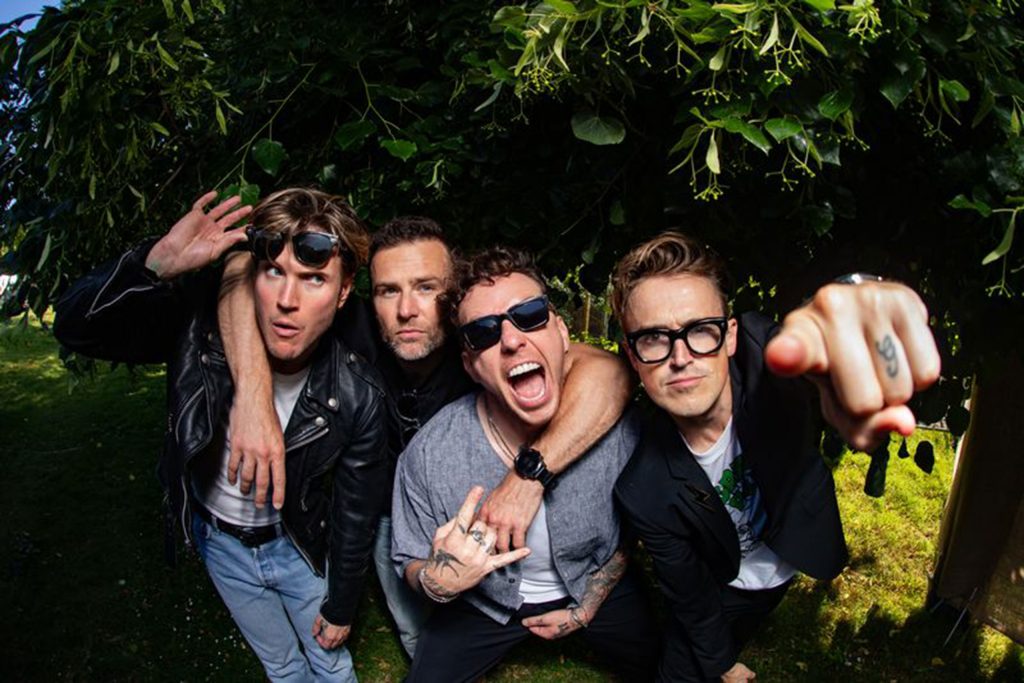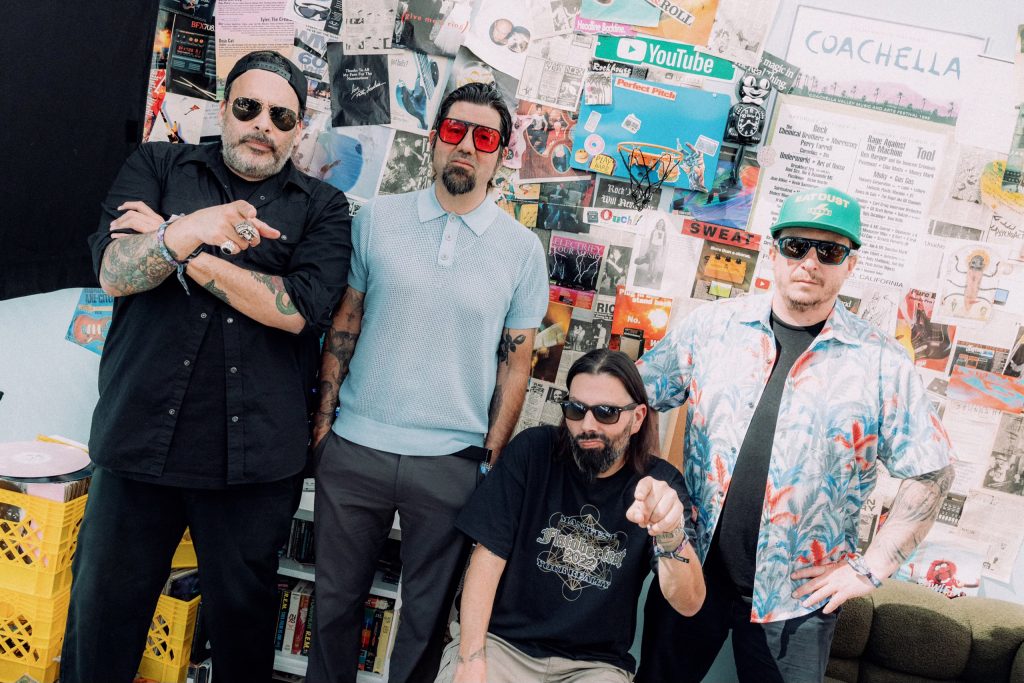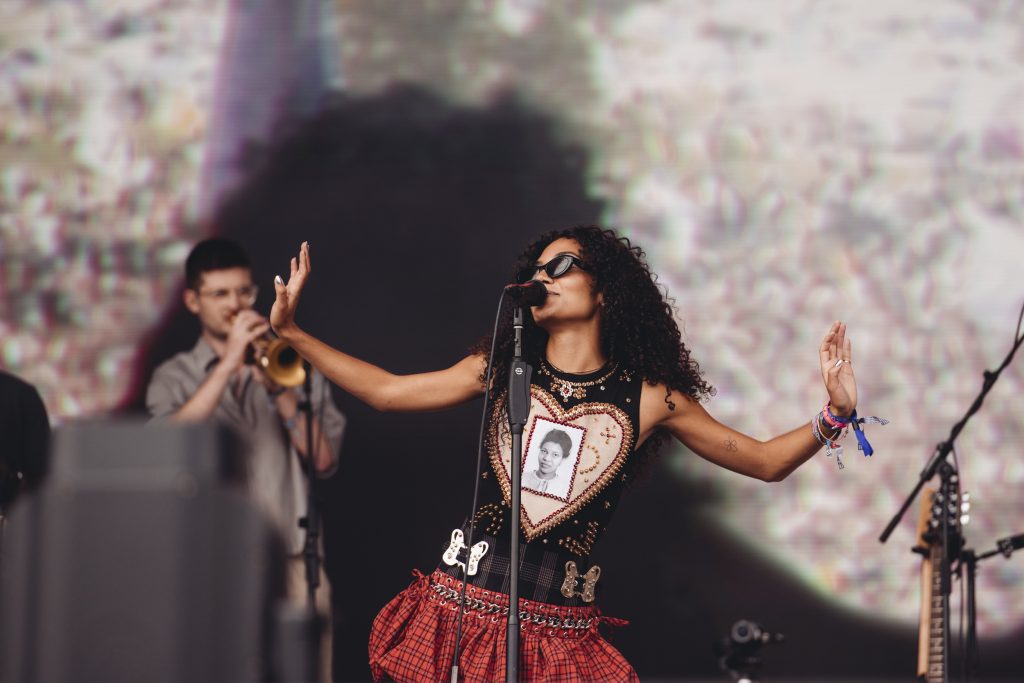Spotify Responds to Drake’s Claims
Spotify has formally addressed the accusations made by Drake in a court filing last month, where he alleged that Kendrick Lamar’s Not like us was “artificially inflated.”
In the lawsuit filed by Drake’s company, Frozen Moments LLC, last month, the artist accused Universal Music Group and Spotify of artificially boosting the streaming numbers of Kendrick Lamar’s hit Not like us, a diss track aimed at Drake.
Drake’s lawsuit, which can be read in full here, asserts that UMG employed “bots” and other tactics to enhance Lamar’s sales figures related to Not like us.
The legal documents further allege that “UMG has initiated a campaign to manipulate and saturate streaming platforms and airwaves with Not like us to make the song go viral, including through the use of ‘bots’ and pay-to-play agreements.”
The claims also specify that “UMG is charging Spotify licensing fees 30 percent below standard rates for Not like us in return for Spotify favorably recommending the track to users searching for unrelated content.”
Drake continues by stating, “UMG and Spotify have failed to disclose that Spotify received any financial compensation in exchange for promoting this song.”
Spotify’s Defense Against Allegations
In response to the allegations that they reduced rates by 30% for promotional purposes, a Spotify spokesperson informed MBW on Friday (December 20): “Spotify has no financial incentive for users to stream Not like us over any of Drake’s tracks.”
The spokesperson also mentioned that one of the tools available on Spotify for Artists, Marquee, was purchased for 500 euros to promote the track in France. Marquee serves as a visual advertisement that appears to users as a sponsored recommendation.
A representative from Universal Music Group added last month: “The notion that UMG would undertake actions to undermine the credibility of its artists is offensive and completely false. We adhere to the highest ethical standards in all of our marketing and advertising endeavors.
“No amount of flimsy and absurd legal arguments in this preliminary statement can conceal the reality that fans select the music they wish to listen to.”
Spotify has also officially submitted opposition documents in reply to Drake’s petition, which include an opposition ballot and supporting endorsements, both acquired by MBW. In the primary lawsuit, Spotify’s legal team argues that Drake’s petition “should be rejected.”
In a statement supporting the Opposition Brief, made by David Kafer, VP and Head of Music and Audiobooks at Spotify USA, it claims that “contrary to the allegations” stated in Drake’s filing, “UMG and Spotify never arranged for UMG to charge Spotify a licensing fee 30 percent below the standard rate for Not like us in exchange for an affirmative recommendation from Spotify.”
Kafer’s statement also addressed the claim made in Drake’s petition mentioning “an unidentified individual reported on a podcast that he used bots to achieve 30,000,000 streams on Spotify shortly after the release of Not like us,” but stated that Spotify “found no evidence to support this assertion.”
Additionally, in a further affirmation, which is available for full reading here, Kafer emphasized that “Spotify invests substantially in both automated and manual checks to prevent, detect, and mitigate any impact of artificial streaming on our platform.”
The statement elaborated: “When we detect attempts to manipulate streams, we take actions that may involve removing streaming counts, withholding royalties, and imposing penalties. Verified and suspected artificial streams are also excluded from our royalty calculations. This is our way of safeguarding payments to genuine, dedicated artists.”
Meanwhile, in an opposing statement obtained by MBW, which you can also read here, Spotify’s attorneys pointed out that Drake’s petition “claims that UMG artificially amplified the track’s popularity through various means, including the use of ‘bots’ and pay-to-play agreements, by compensating social media influencers to endorse the song and allegedly taking steps to conceal this plan by terminating employees linked to Drake.”
However, the statement noted that “under the guise of an untenable claim suggesting this gives rise to a civil RICO action, the plaintiff seeks an extraordinary remedy of pre-trial discovery.”
The brief continued: “Concerning Spotify—an outsider in this controversy—the petition makes the sole accusation, based on information and belief, that Spotify has reached an agreement with UMG for a reduced royalty rate for Not like us in exchange for promoting it to users searching for unrelated songs and artists.”
“On this basis, the Plaintiff has requested, prior to the commencement of a trial, the production of documents sufficient to validate such an agreement and the financial advantages supposedly received. As mentioned in the accompanying affirmation, the foundation of the Plaintiff’s entire request for information from Spotify is false: no such agreement exists. Nevertheless, the petition is legally flawed and must be dismissed.”
Both Drake and Lamar release their records through UMG and Republic Records and Interscope, respectively.
Not like us (Interscope), featured in Kendrick Lamar’s ongoing feud with Drake, was launched on May 4, as part of a trio of diss tracks released in quick succession (the other two tracks being Euphoria and Meet the Grahams).
Recently, Drake’s legal team also initiated a second lawsuit against UMG, this time in Texas.
In a second document obtained by MBW, which you can read here, Drake’s attorneys assert that “UMG engineered, financed, and executed a scheme” to transform Not like us into a viral sensation, intending to leverage the spectacle of harming Drake and his business for consumer hysteria and, essentially, substantial profits.”
The document concludes: “This strategy was undeniably successful, likely surpassing UMG’s most ambitious expectations.”





